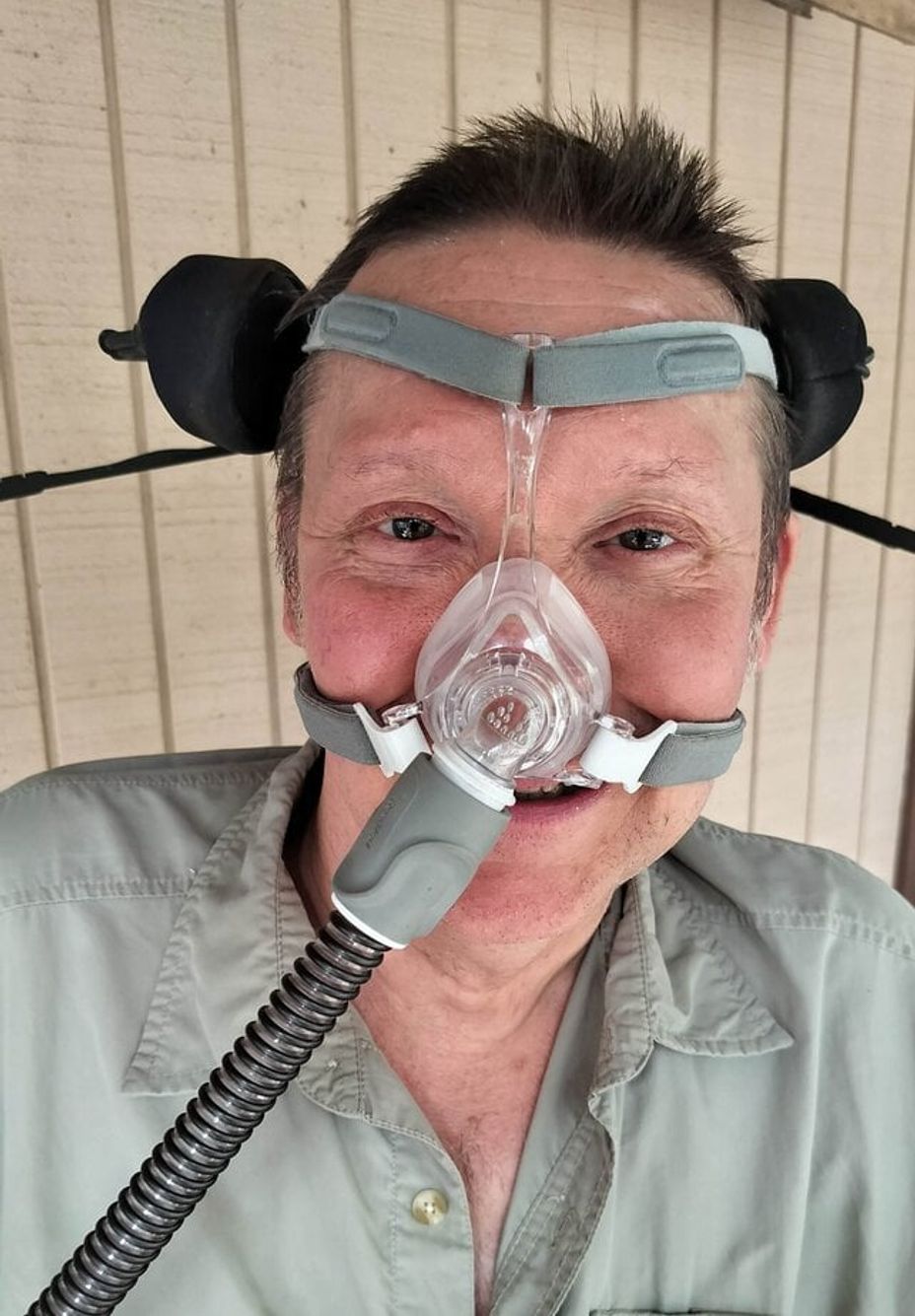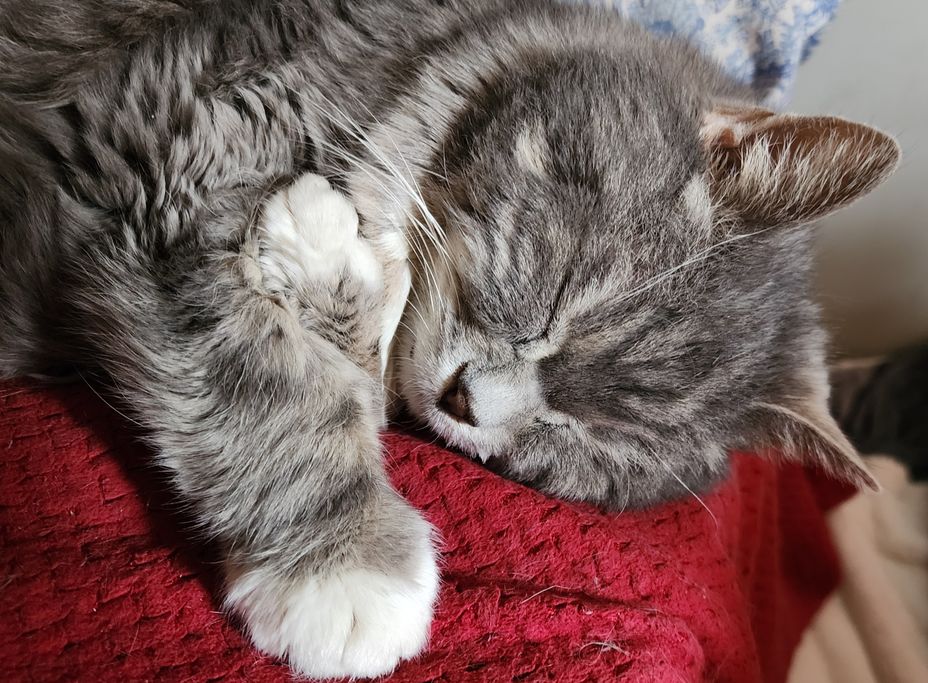One of the best steps I took to get a handle on chronic MS fatigue & DGAF-ing every day — and it was a difficult step — was to get used to a CPAP.
When my neuro prescribed CPAP, I thought, "ANOTHER THING!" But it was totally worthwhile: After my first full night with the CPAP, my daily 20-minute nap disappeared, and I haven’t taken one since.
Many of us don't realize we have treatable sleep apnea because we deal with so many other problems that we assume are the cause for our poor sleep, says Dr. Abdulghani Sankari, pulmonologist at Detroit's DMC DRH Sleep Disorders Center.
“They have pain issues, they have urinary issues, they have cardiovascular issues … They’re tired and not able to sleep well because of all these factors,” he says, “so they don’t recognize that there are other reasons … [why] they feel tired during the day.” CPAP/BiPAP often addresses manifested symptoms like daytime listlessness, waking up unrefreshed from sleep, and unexplained chronic pain. CPAP/BiPAP also helps improve aspects of sleep-affected cognition: memory, forgetfulness, attention span and intellectual abilities like troubleshooting problems effectively.
Letting these problems linger can even cause our condition to worsen. “The frequent interruption of breathing at night leads to what we call chronic intermittent hypoxia, so the body is exposed to low levels of oxygen, and that produces byproducts of inflammation and waste that [aggravate] symptoms on the central nervous system,” Sankari says. Unchecked sleep apnea is also a risk factor for high blood pressure, heart problems and type 2 diabetes. CPAP is an effective treatment for sleep apnea. Got questions? Pls contact me.
Better Nights, Better Days: CPAP, BiPAP and Disability
#fatigue #MultipleSclerosis #MightyTogether #ChronicIllness #autoimmune #newlydiagnosed #Disability #Caregiving





